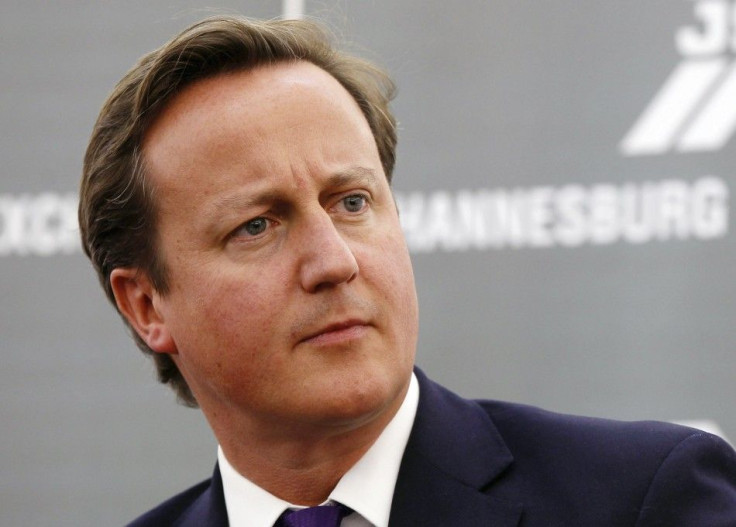S&P Downgrade of U.S. ?Vindicates? UK Budget Cuts

The British government said that the decision by credit agency Standard & Poor’s top downgrade the long-term credit rating of the U.S. is a vindication of its own draconian austerity measures.
On Friday, S&P reduced the rating of the U.S. from AAA to AA+ for the first time ever, citing concerns about Washington’s budget deficit.
The UK maintains a pristine AAA credit rating (which allows it to borrow money on international money markets pretty cheaply), Downing Street said, but warned that any relaxation in the ongoing austerity program could endanger its high rating.
A source in Britain’s Treasury told BBC: "When this [coalition] government came to power Britain's AAA credit rating was on negative outlook from Standard & Poor's. Thanks to the decisions we have taken to deal with Britain's debts and support a sustainable recovery our credit rating has been reaffirmed."
A BBC business correspondent commented that London’s attitude toward the U.S. downgrade has been smug.
“One government spokesman said it meant that Britain had been ‘uprated,’ wrote Joe Lynam.
However, Lynam warned that Britain may not always be able to keep its AAA-rating, “especially now that the seal has been broken and the world's most powerful economy [America] has been downgraded.”
Indeed, Britain’s exposure to the festering euro zone debt crisis could present a grave threat to the UK’s credit rating.
However, UK Business Secretary Vince Cable told the media that he doesn’t expect another credit crisis like that witnessed in 2008.
"We're on the edge of this crisis because it isn't - at least at this stage - about banks, it's a crisis about sovereign debt, the debts of governments, and in our country we've addressed the issue of our debt and our public sector deficit," he told BBC.
"If the banking system were to be caught up in this crisis we need to make sure they're absolutely secure. They are better placed than they were three years ago, they've got better capital and lessons have been learned from that previous crisis."
Cable further defended the government’s unpopular spending cuts as a means of preserving fiscal sanity.
"It is a combination of having financial stability, getting our deficit under control - we've taken tough decisions to ensure that happens - but at the same time to work on measures that support growth," he stated.
However, the opposition Labour Party believes budget cuts have become excessive and threaten to derail Britain’s economic growth.
Labour’s Shadow Chancellor Ed Balls told media: "By trying to go too far and too fast, confidence has been knocked and last year's recovery has been choked off. Our economy has barely grown for nine months and borrowing is now set to be £46-billion higher than planned.”
© Copyright IBTimes 2024. All rights reserved.











